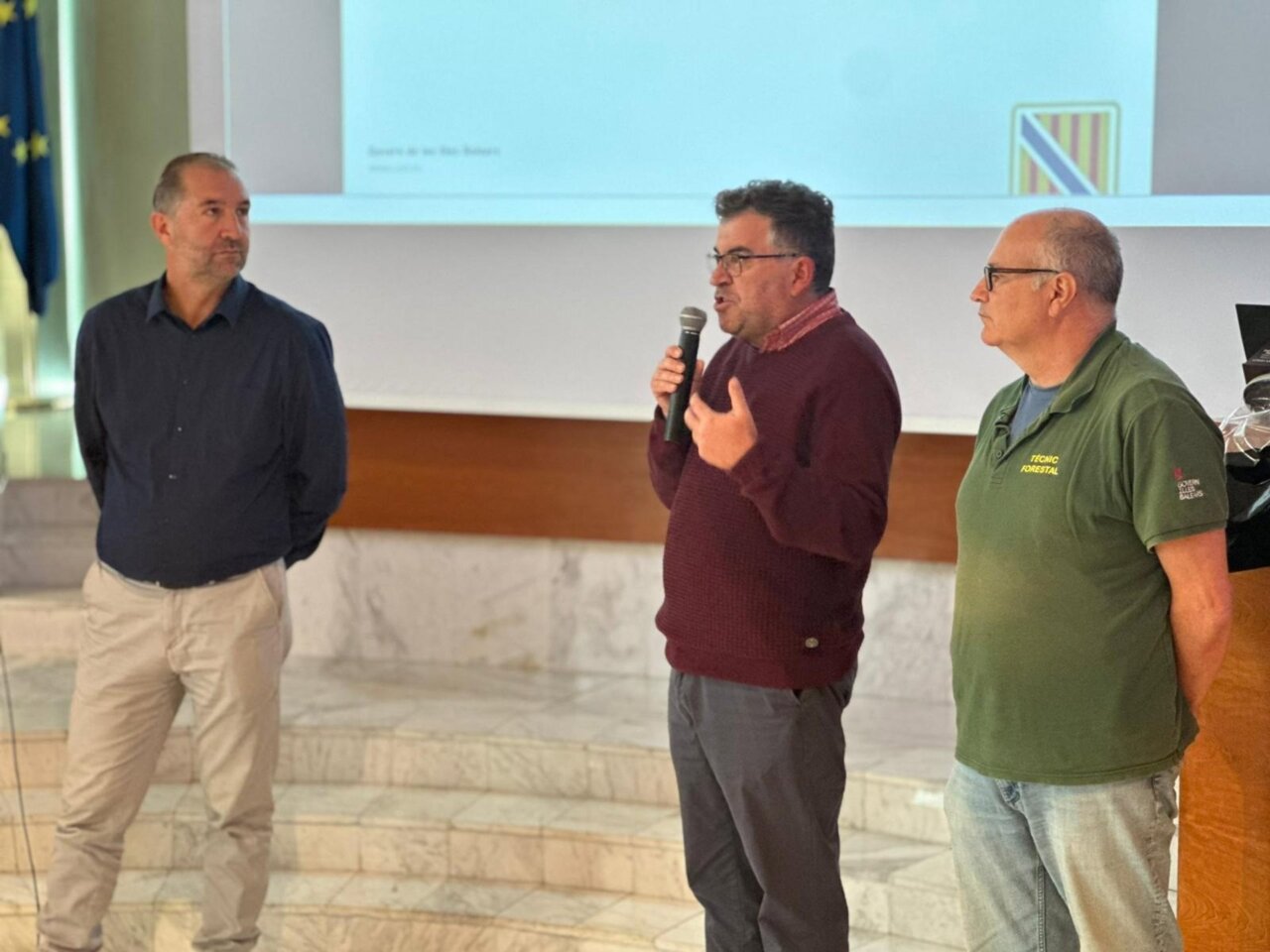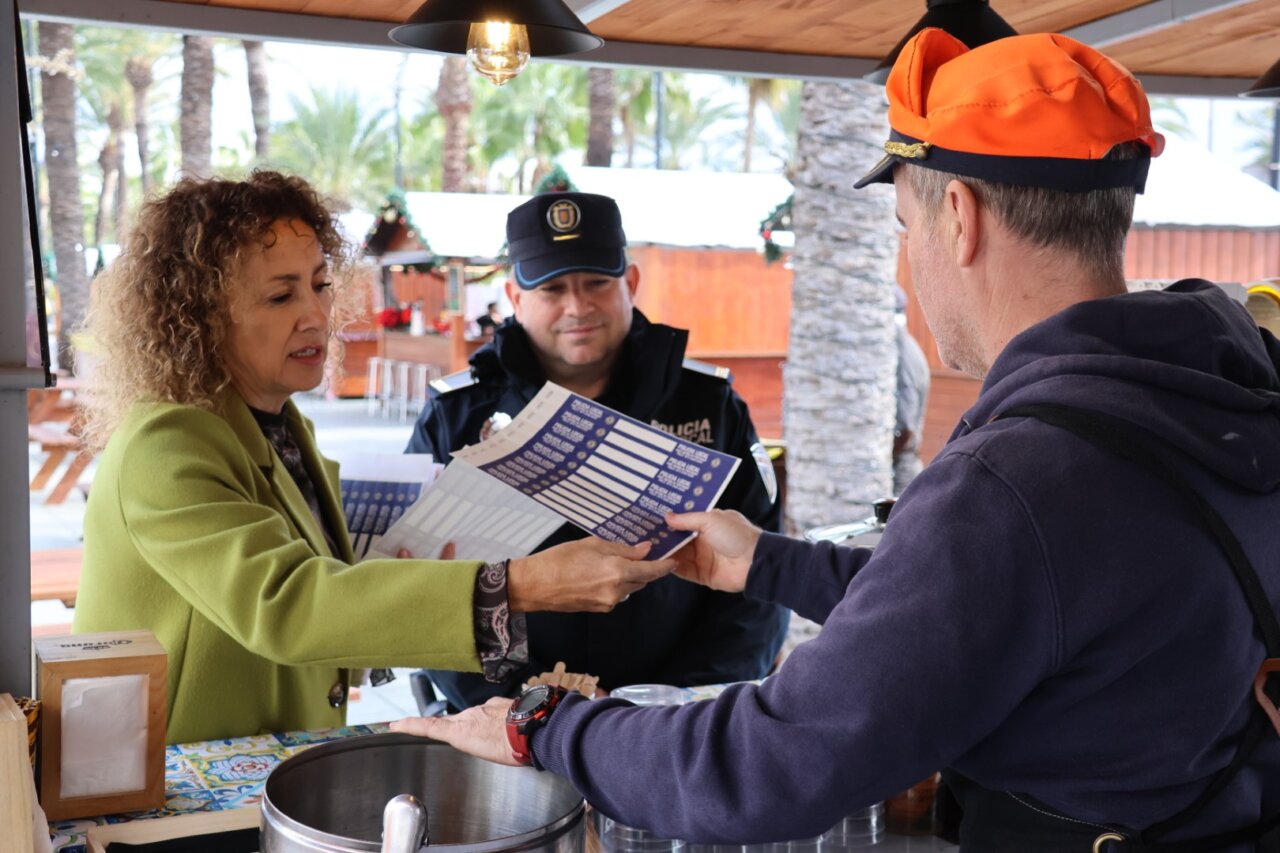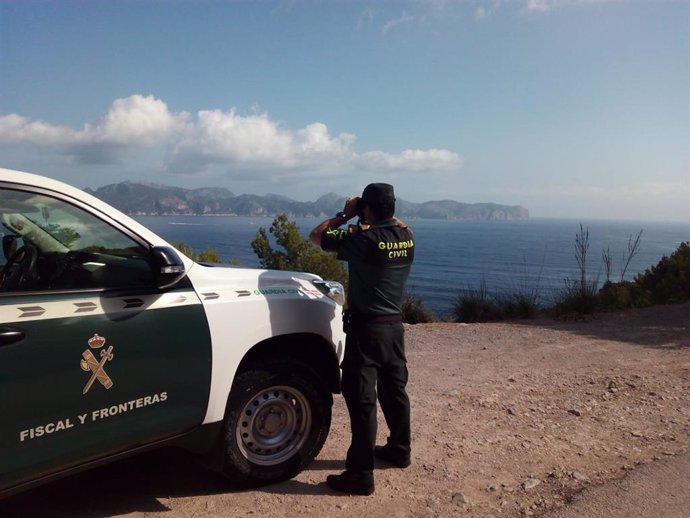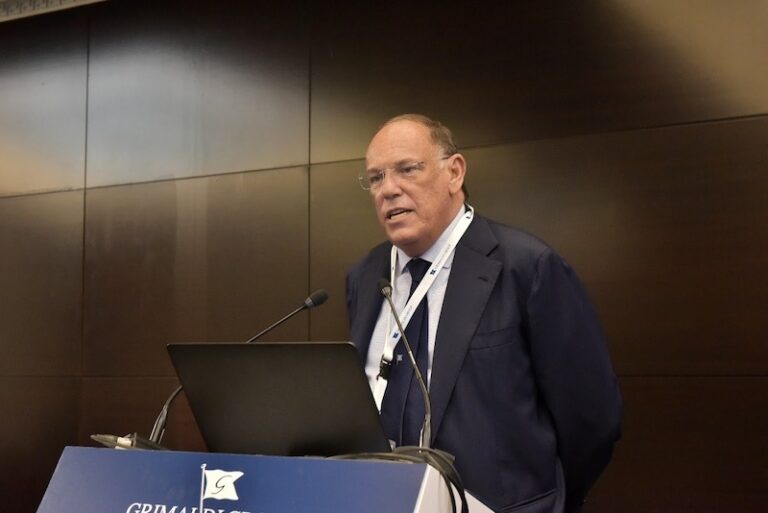The General Directorate of Natural Environment and Forest Management has presented this Wednesday the new actions for the control of the pine processionary in Ibiza and Formentera, a campaign that again includes aerial treatments by plane and helicopter, which will run until early December. The briefing, promoted by the Forest Health Service, detailed the scope of a plan that this year will intervene on 15,000 hectares on both islands.
The Minister of Agriculture, Fisheries and Natural Environment, Joan Simonet, explained that the work will focus on the most affected municipalities, especially in the northern, central-western and central-eastern areas of Ibiza, in addition to the Natural Park of Ses Salines. The Govern allocates in 2025 3.3 million euros to pest control actions in the Pitiusas, within a multi-year plan that will reach 11.18 million until 2028.
An organic and safe product
As in previous years, the treatment applied uses Bacillus thuringiensis var. kurstaki a bacterium naturally present in plants and soils. Its rapid degradation by ultraviolet rays and its harmlessness to bees also allow it to be used in
In addition to the damage caused to forest ecosystems, the councilor recalled the risks to people and animals, especially dogs, due to the stinging hairs of the caterpillars that can cause allergies and respiratory obstructions.
Further measures: ground treatments, traps and biological control
Aerial treatment will not be the only tool. The Forest Health Service has reinforced the
The Govern also maintains a biological control program, which includes the installation of 82 refuge boxes for bats and 105 nest boxes for insectivorous birds, natural predators of the processionary moth. Last summer, 9,171 pheromone G-traps were placed in Ibiza, designed to capture more butterflies and prevent the entry of non-target species, such as lizards, and another 1,454 traps in Formentera.
The results reflect a high incidence of the pest: 13,450 specimens have been captured in Ibiza and 3,362 in Formentera. In 2024, the figures were even higher: 32,203 males captured in Ibiza and 8,104 in Formentera, in addition to the elimination of 15,539 bags in Ibiza and 6,332 in Formentera between January and March 2025.
Research and scientific monitoring
The University of the Balearic Islands (UIB) continues to develop studies on the pine processionary moth, including the release of parasitoids that attack the insect’s eggs. In addition, the Forest Health Service has published informative leaflets and has reinforced quality controls, which have aroused the interest of the specialized magazine Foresta.
The large extension of the pine forest in Ibiza -which exceeds 25,000 hectares-and the increase of the insect’s population in areas not initially included in the outbreak declared in 2021 have led the Govern to intensify the measures. Simonet insisted that the fight against the processionary is “a continuous and coordinated work” to protect both ecosystems and public health.










